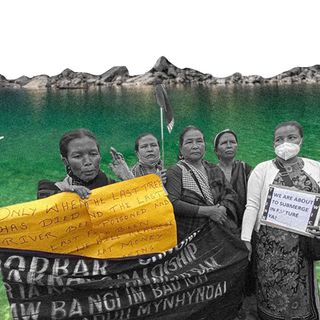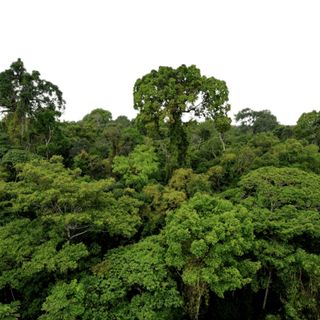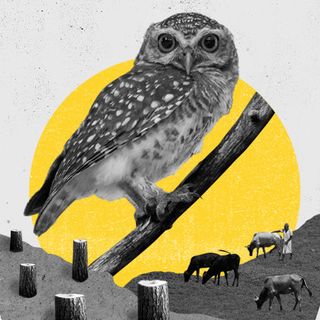Our prehistoric ancestors, those living around the years 1250-1300, weren’t nearly the ‘destructive agents’ of the environment we are today, a new study has found — suggesting there is much for us to learn from the way ancient humans led their lives.
Published in Proceedings of the National Academy of Sciences this month, the new study critiques the notion that ancient human activity triggered the extinction of large animals in several parts of the world.
The researchers found that early humans began interacting with biodiversity more than two million years ago. But widespread extinction of animals began only around 11,500 years back with the advent of ‘modern humans,’ who began overhunting, overpopulating, altering habitats, and introducing invasive species.
In order to understand whether our prehistoric ancestors contributed to extinctions in any way, the researchers focused on islands — since, according to the study, islands have “particularly [been] prone to widespread extinction” throughout history. The team of almost 20 scientists examined whether extinctions of animals on each of the 32 island groups they studied coincided with the arrival of early humans.
“The dominant pattern across all the islands we examined was that there was no relationship between humans arriving, and local animals going extinct,” Julien Louys and Sue O’Connor, both archaeologists from the Australian National University, who were involved in the study, wrote in The Conversation.
Related on The Swaddle:
Whales, Dolphins Could Become Extinct ‘Within Our Lifetimes,’ Scientists Warn
It was, perhaps, because early humans were fewer in number, had less sophisticated hunting tools, and overall had a contained impact on the ecosystem. Louys and O’Connor cited an example of ancient giant rats that lived alongside prehistoric humans “for tens of thousands of years, withstanding millennia of hunting and consumption.”
But if not humans, then what led to the extinction of pre-historic fauna? Researchers hypothesize it could be anything from the evolution of biodiversity to the evolution of the climate. “While humans are directly or indirectly responsible for many hundreds of losses on islands in the past several hundred years, that trail of woe grows very thin the earlier you go back in time … Their [our distant relatives’] impact was trivial, whereas ours is, and has long been, catastrophic,” Ross MacPhee, senior curator of vertebrate zoology at the American Museum of Natural History, who co-authored the study, told LiveScience.
The study notes, however, that ancient humans did hunt animals — just not to the brim of extinction. “Instead, there was coexistence, just as there is [in] nature all the time among different species,” MacPhee explained, adding that evidence strongly suggests ancient humans “did not raise extinction rates on the islands they colonized.”
MacPhee believes humankind’s “behavior toward environments changed and became more destructive as we became more technologically able.” The disregard for the environment and fauna accompanied urbanism and pursuits of industrial expansion. Instead of simply assuming “our ancestors were pre-loaded with the same will to overexploit that we have, that it is somehow in our genes,” he says, we should learn to co-exist with nature like our ancestors did.
“If there is a lesson, then it is simply this: act like our distant ancestors did, take what you need from nature but do not destroy it in the process,” he advised.




